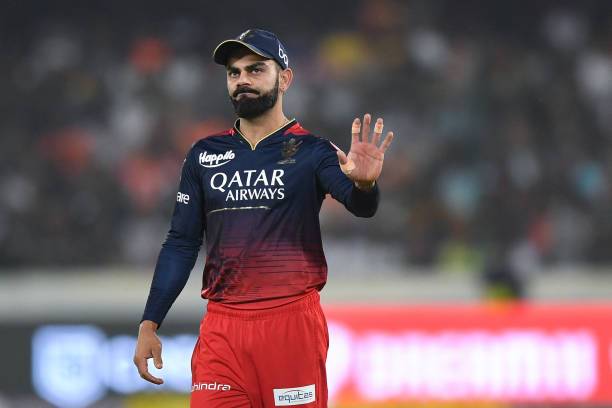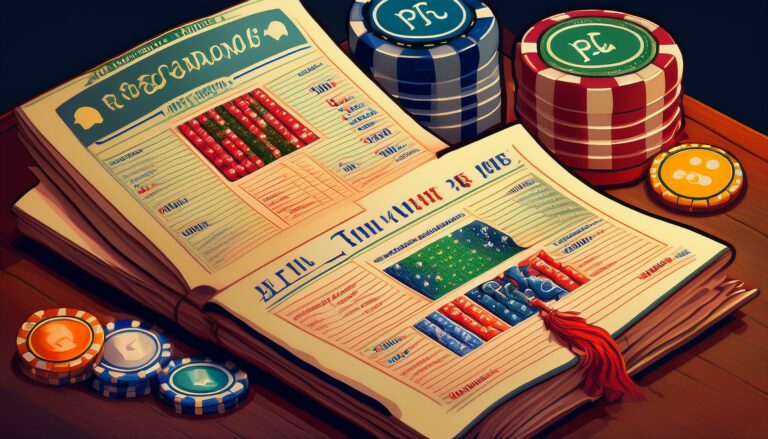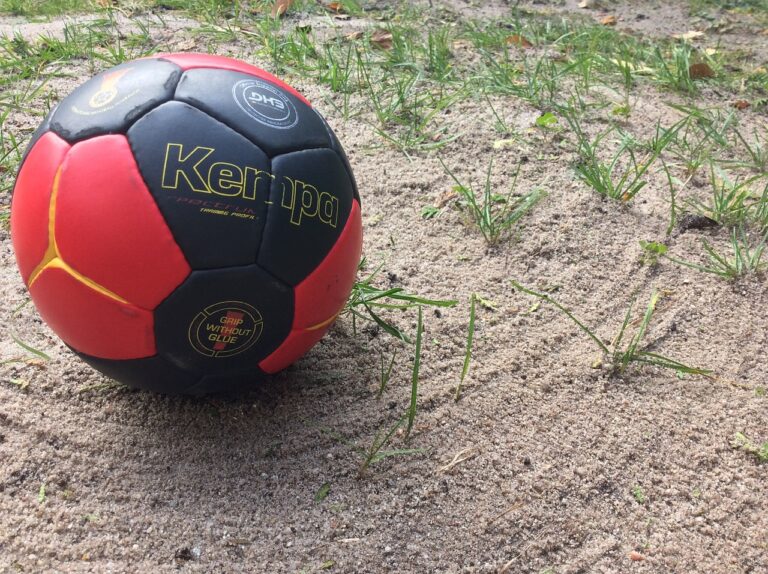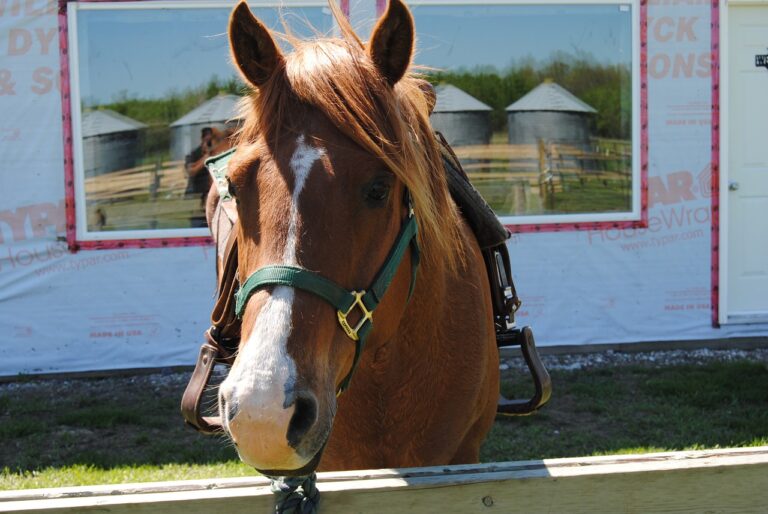The Art of Fielding: Agility, Reflexes, and Positioning
Reddy Anna Club, Online Cricket ID: Quick reaction times are crucial in various aspects of life, from sports to everyday situations. Having the ability to swiftly respond to unexpected events can make a significant difference in outcomes. In sports, quick reaction times can determine the success of a player in fast-paced and unpredictable situations, allowing them to outmaneuver opponents and make critical decisions on the spot.
Moreover, in everyday situations like driving or reacting to a sudden change in the environment, quick reaction times can prevent accidents and ensure safety. By training and honing our ability to react swiftly, we not only improve our performance but also reduce the likelihood of errors and mishaps. Overall, quick reaction times play a vital role in how efficiently we navigate the challenges of our daily lives.
Developing Coordination and Balance
To enhance coordination and balance, focus on activities that challenge different muscle groups simultaneously. Engaging in exercises like yoga, Pilates, or dancing can help improve your overall balance and coordination. These activities require you to use multiple muscle groups in a coordinated way, which in turn enhances your ability to maintain stability and control your movements effectively.
Incorporating balance exercises into your routine, such as standing on one leg or using a balance board, can help strengthen your core muscles and improve your proprioception. These exercises not only enhance your physical coordination but also train your body to react swiftly to changes in your environment. By consistently practicing balance exercises, you can improve your stability and agility, ultimately boosting your overall coordination and balance.
Understanding the Role of Anticipation
Anticipation plays a crucial role in various aspects of our daily lives, whether it’s in sports, driving, or even in simple tasks like catching a ball. Anticipating what might happen next allows us to prepare ourselves mentally and physically, giving us a competitive edge or allowing us to react more effectively to the situation at hand. When we anticipate a scenario in advance, we are better equipped to make quick decisions and respond promptly, which can often be the difference between success and failure.
In sports, anticipation is a key factor that separates an average athlete from an exceptional one. A skilled athlete not only reacts swiftly to what is happening in the moment but also predicts the movements and actions of their opponents. By being able to anticipate plays and strategies, athletes can position themselves strategically, increasing their chances of achieving their desired outcomes. Anticipation also enhances an athlete’s ability to adapt to changing circumstances on the field or court, ultimately leading to improved performance and success.
Why is quick reaction time important?
Quick reaction time is important because it allows individuals to respond promptly to unexpected situations, helping to prevent accidents and improve performance in various activities.
How can coordination and balance be developed?
Coordination and balance can be developed through regular practice of activities that challenge these abilities, such as yoga, dance, or sports that require agility and precision.
What is the role of anticipation in improving performance?
Anticipation plays a crucial role in improving performance by allowing individuals to predict upcoming events or movements, enabling them to react more efficiently and effectively. It helps in staying one step ahead and making quick decisions in various situations.







